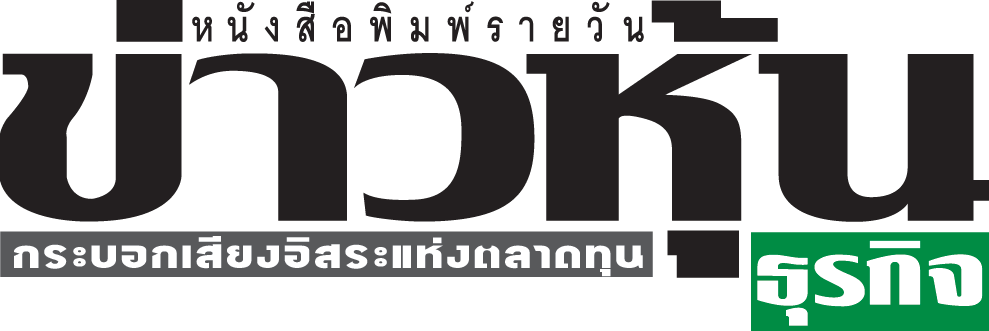
Stocks in Asia Edge Lower as Analyst Expects SET to Fluctuate in a Lack of Catalyst
Stocks in Asia Edge Lower as Analyst Expects SET to Fluctuate in a Lack of Catalyst to Drive the Market Higher.
Stocks in Asia traded lower on Wednesday even with a testimony from Fed’s chairman Jerome Powell to ease concerns over higher interest rate and inflation.
As of 9:48 local time in Thailand, Nikkei dropped 0.75%, SSEC fell 0.72%, HSI slipped 0.70%, ASX200 plunged 0.87%. Meanwhile, Kospi rose 0.63%.
Yesterday, SET Index closed at 1,500.61 points, increased 22.47 points or 1.52% with a trading value of 86.1 billion baht. The analyst stated that the Thai stock market made a huge rebound, following a sharp plunge in yesterday’s trading session.
The U.S. Dow Jones erased more than 300 points of plummet and closed slightly higher at 31,537.35 points after Powell’s statement.
Asia Wealth Securities (AWS) expected the SET today (24 Feb) to move in a range of 1,478-1,521 points. The security company believed the stock market will continue to fluctuate in the sideway, although the Fed continues to insist on monetary easing policy after seeing that the recovery of the U.S. economy is still not stable.
On the other hand, the SET index yesterday (23 Feb) showed buy-back pressure from the previous day’s trade decline. In particular, the buying force in the sector will benefit if the COVID-19 situation eases, especially tourism-related stocks and buying pressure on stocks in the energy sector and banking sector, causing the market to close at 1,500 points again.
In the short-term, the market still lacks new positive factors supporting the SET’s hike, allowing us to maintain our speculative investment strategy by focusing on stocks that still have upside in fundamentals and increase cash holding to reduce the risk from market fluctuation.
Federal Reserve Chairman Jerome Powell (Fed) also signaled that the Fed will continue its monetary easing policy in the semi-annual statement that with monetary policy and the U.S. economy to the Senate Banking Committee which the Fed chair believes that U.S. economy still far from the inflation target (Fed’s target inflation rate of 2%) and Fed employment rate and it is likely that more time is still needed before more progress can be made.
While the risk of coronavirus outbreak has affected the inflation but it does not create additional risks to the U.S. economy which the number of people infected with COVID-19 tends to decline and progress in vaccination broadly that created hope of economic recovery while investment in the business and manufacturing sectors began to expand well which was driven by economic stimulus measures from the Fed and Congress which we see as an issue that still needs to be monitored.
Recently, the Budget Committee of the U.S. House of Representatives resolved with votes of 19 to 16 in approval with Draft economic stimulus measures of USD1.9tn which was presented by President Joe Biden, it is seen as a breakthrough in President Biden’s economic stimulus package as the next step. The draft stimulus will be submitted to the full House of Representatives hearing this week.
Core Investment
1) Global Play (Trading within 1 month) – PTT, PTTEP, TOP, PTTGC and SCC
2) Green energy stocks (Trading within 3-6 months) – GPSC, EGCO, GULF, BGRIM, BPP, BCPG, EA and ACE
3) Expectations for the vaccine and increased stimulus measures (Trading for 3-6 months) – BBL, KKP, BEM, CPF, TU, M, OSP, CPALL, HMPRO, CRC and CHG
4) Dividend Play (Middle-term trading 6-12 months) – SC, LH, QH, KKP, TISCO, RATCH, DIF, INTUCH, EASTW and TTW
5) Long term accumulative stocks (DCA) (Long-term trading over 1 year) – AOT, BEM, ADVANC, WHA, LH, CPALL, CPF, BDMS, HMPRO, BBL and KTB


